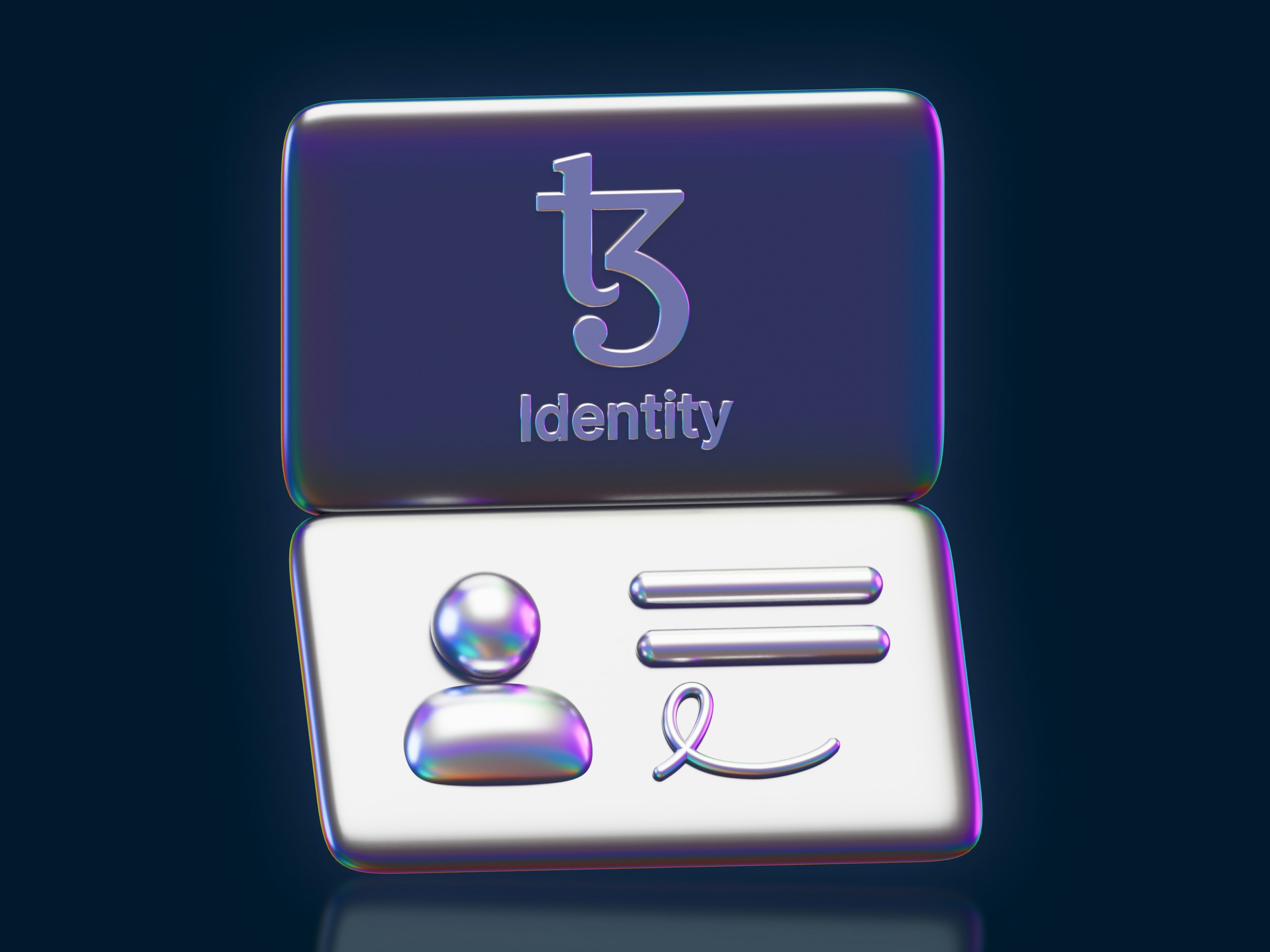Understanding Digital Signature Certificates (DSC)
- A Digital Signature Certificate (DSC) is a secure digital key that certifies the identity of the holder.
- Issued by Certifying Authorities (CA), it is essential for signing documents digitally, particularly for tasks involving MCA filings, GST, and income tax returns.
- In this guide, we will walk you through applying for a DSC in India.
Documents Required for DSC Application
Before applying, gather the necessary documents to streamline the process:
- Identity Proof (choose one): PAN Card (mandatory for individuals), Aadhaar Card, or Passport.
- Address Proof (choose one): Aadhaar Card, Voter ID, a utility bill (not older than 3 months), Driving License, or Passport.
- Passport-size Photo.
- Email ID and Mobile Number.
Steps to Apply for a DSC Online
Here’s a straightforward process to apply for a Digital Signature Certificate online through a trusted CA’s website:
- Visit the website of a CA, such as Emudhra, Capricorn, or Sify.
- Select the DSC type: Class 3 (required for official uses). Classification includes signature only, encryption only, or both.
- Complete the DSC application form with your name, email, mobile, address, and PAN.
- Upload the necessary documents: PAN, Aadhaar, photo, and address proof.
- Some CAs may require a quick video or biometric verification.
- Make the payment for the DSC (typically around ₹500 to ₹1500 for 1 or 2 years validity).
- After approval, download your DSC. You will receive either a USB token or a downloadable file based on your chosen type.
Optional: Consider purchasing a USB token (like ePass 2003 or ProxKey) for secure storage of your DSC, available online or through your CA provider.

